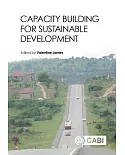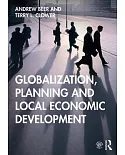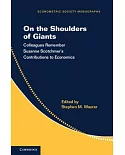"The Football World Cup is one of the biggest global sporting events. Along with the Summer Olympic Games, the Football World Cup can be truly called a mega-sport event. Both events attract
billions of dollars in broadcast and sponsorship contracts and millions of spectators every four years when the events are staged. Nations and cities around the world desperately seek to host
both events. By doing so host nations and cities often justify the multi-billion dollar investment required to stage these events on economic development grounds with stated benefits to emerge
from urban renewal, transport infrastructure and tourism development.Given the size of the Football World Cup and its economic impact it is surprising that this book is the first attempt
tobring leading international mega-sport event researchers together to examine the management and organizational components of the event. Managing the Football World Cup follows in the same
path as the editors’ previous publication, Managing the Olympics, in exploring areas often overlooked by project management and business studies researchers. Therefore considering the global
impact of the Football World Cup it is time for a detailed examination of the planning, organization, management, implementation and related commercial features of this mega-sport event"--





















